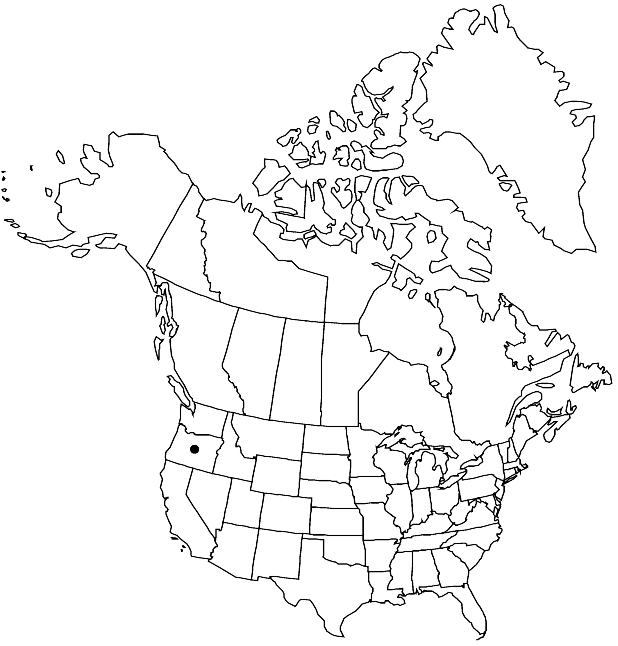Difference between revisions of "Thelypodium eucosmum"
in A. Gray et al., Syn. Fl. N. Amer. 1(1,1): 175. 1895.
FNA>Volume Importer |
FNA>Volume Importer |
||
| Line 33: | Line 33: | ||
-->{{#Taxon: | -->{{#Taxon: | ||
name=Thelypodium eucosmum | name=Thelypodium eucosmum | ||
| − | |||
|authority=B. L. Robinson in A. Gray et al. | |authority=B. L. Robinson in A. Gray et al. | ||
|rank=species | |rank=species | ||
| Line 48: | Line 47: | ||
|publication year=1895 | |publication year=1895 | ||
|special status= | |special status= | ||
| − | |source xml=https://jpend@bitbucket.org/aafc-mbb/fna-data-curation.git/src/ | + | |source xml=https://jpend@bitbucket.org/aafc-mbb/fna-data-curation.git/src/f50eec43f223ca0e34566be0b046453a0960e173/coarse_grained_fna_xml/V7/V7_1273.xml |
|tribe=Brassicaceae tribe Thelypodieae | |tribe=Brassicaceae tribe Thelypodieae | ||
|genus=Thelypodium | |genus=Thelypodium | ||
Revision as of 23:13, 16 December 2019
Biennials or perennials; (short-lived); glaucous, glabrous (except petioles). Stems branched distally, 2–10 dm. Basal leaves: petiole (0.9–)1.4–3(–4.5) cm, ciliate; blade usually oblanceolate to oblong or lanceolate, rarely ovate or elliptic, (2.8–)3.5–8.8(–11) cm × (7–)10–25(–35) mm, margins often entire or repand, sometimes sinuate. Cauline leaves (ascending); sessile; blade lanceolate to oblong, 1.8–4.5(–6) cm × 5–16(–24) mm, (base amplexicaul to strongly auriculate), margins entire. Racemes lax, slightly elongated in fruit, (flower buds oblong-linear). Fruiting pedicels horizontal to divaricate, usually straight, rarely slightly incurved, slender, (2.5–)3–5.5(–6.5) mm, slightly flattened at base. Flowers: sepals erect, linear-oblong, 5–7(–8) × (0.8–)1–1.5(–1.8) mm; petals dark purple, spatulate to oblanceolate, (6.6–)7.5–10(–11.5) × 1–1.8(–2) mm, margins not crisped, claw differentiated from blade, [slender, (3–)3.5–5(–5.5) mm, narrowest at base]; nectar glands confluent, subtending bases of stamens; filaments subequal, (4.5–)6–9(–10) mm; anthers exserted, linear to narrowly oblong, 2.5–4(–4.5) mm, circinately coiled; gynophore (1–)2.5–6(–7.5) mm. Fruits divaricate to ascending, torulose, straight or slightly incurved, terete, (2–)2.4–5(–6.5) cm × 0.7–1(–1.3) mm; ovules 44–58 per ovary; style usually cylindrical, rarely subclavate, 0.5–1.5(–2) mm. Seeds 0.7–1.5 × 0.5–0.8 mm.
Phenology: Flowering May–Jul.
Habitat: Shady slopes and canyons, pinyon-juniper and oak woodland communities, stream beds, streamsides
Elevation: 700-1000 m
Discussion
Of conservation concern.
Thelypodium eucosmum is known only from Baker, Grant, and Wheeler counties. It is in the Center for Plant Conservation’s National Collection of Endangered Plants.
Selected References
None.
